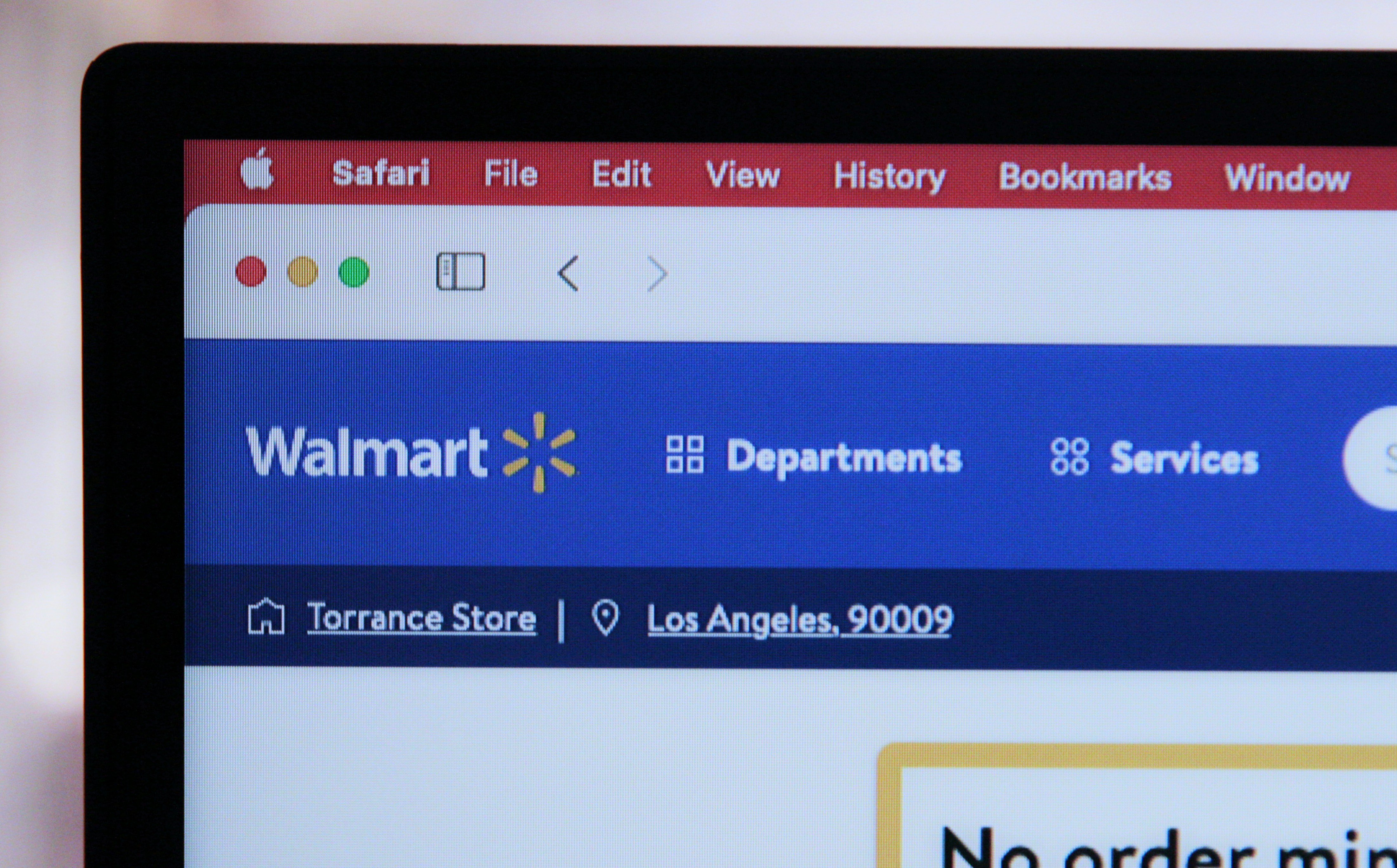
Walmart, Amazon, and Shopify leverage AI to improve the shopping experience
2024 is shaping up to be the year of the AI-powered shopping assistant. Just two months in, retailers from Walmart and Amazon to Ikea and Chevron have released a flurry of AI-based updates, hoping to make the shopping experience easier and more relevant.
Here are some notable examples.
Search party: Walmart kicked things off at the Consumer Eectronics Show, unveiling its generative AI search tool that allows shoppers to search by specific use cases, like “football watch party,” instead of searching for each individual item.
Amazon responded with Rufus, a generative AI shopping assistant that synthesizes Amazon’s product catalog, customer reviews, Q&As, and information across the web to answer customer questions, give product comparisons, or make recommendations, per a press release.
Just like Walmart’s tool, shoppers can search by occasion or purpose, but they can also ask questions like, “what to consider when buying running shoes?” or “are these durable?”
Other recent search-based AI updates include:
- Shopify's AI-based semantic search which enables shoppers to search based on intent rather than keywords. (For example, searching for “warm clothes for winter” instead of searching for sweaters, beanies, woolen socks, etc.)
- Ikea's new generative AI shopping tool, available in the OpenAI GPT store, enables users to ask questions about Ikea’s catalog and product availability. The tool responds with images that fit the description, prices, and customer ratings.
Behind the scenes: Other retailers, like The Kroger Co., are using generative AI as an internal tool to help brands boost visibility.
- Kroger’s new tool helps sellers on its marketplace improve their search engine results and build out their product detail pages.
- In addition to improving the customer experience by making searching for products quicker and easier, it gives brands more in-depth insights into which products are performing best.
Google has also rolled out a suite of generative AI tools to help retailers personalize and streamline the shopping experience.
- Conversational commerce tools enable brands to build virtual assistants on their websites and apps to answer customer questions and provide recommendations.
- Catalog and content enrichment uses generative AI to create and analyze product images and product descriptions.
- Vertex AI Search for retail helps retailers surface more relevant results and give better recommendations to shoppers.
Take it offline: Most retailers are experimenting with generative AI across digital channels, but Chevron, in partnership with Samsung, is testing AI assistants in-store across three of its ExtraMile convenience stores.
- Sam the Sommelier is a virtual assistant that interacts with customers via voice or live chat through an app, providing recommendations for wine pairings with their food purchases, per a Samsung press release.
- Customers can also take a quiz to find their ideal bottle of wine or complete their transaction without having to interact with a store employee.
The bottom line: As retailers experiment with generative AI, there’s no shortage of ways to use it to improve the customer experience. Perhaps more importantly, consumers are highly receptive to AI assistance across the shopping journey.
- 86% of adults worldwide say they want AI to help them research products or get information, according to October 2023 IBM data.
- Nearly as many (82%) would like AI to provide them with service/answers or resolve issues, and 79% say they want AI to help them look for deals or promotions.
Full article here: https://www.insiderintelligence.com/content/walmart-amazon-shopify-leverage-ai-improve-shopping-experience
